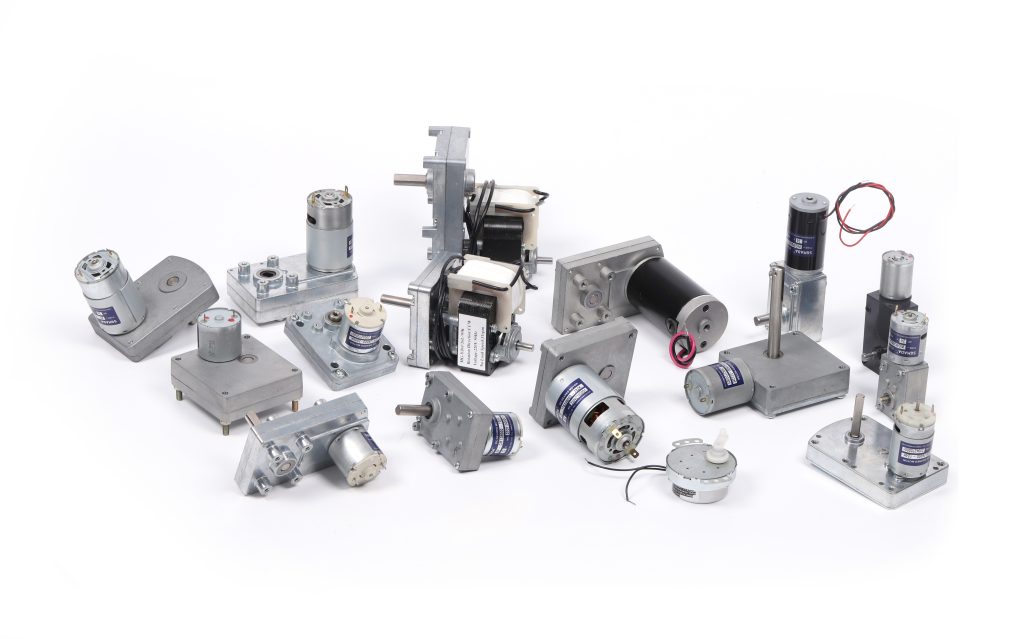Mobile:+86-311-808-126-83
Email:info@ydcastings.com
aluminum metal casting
Aluminum Metal Casting An Overview
Aluminum metal casting is a vital manufacturing process that involves pouring molten aluminum into molds to create various components and products. Its lightweight nature, excellent corrosion resistance, and ability to be easily molded make aluminum an increasingly popular choice for a wide range of applications, from automotive parts to consumer goods and aerospace components.
One of the key benefits of aluminum casting is its versatility. Aluminum can be cast into numerous shapes and sizes, allowing for complex geometries that are often required in modern engineering designs. This versatility is made possible through different casting methods, including sand casting, die casting, and investment casting, each serving unique purposes according to specific project requirements.
Methods of Aluminum Casting
1. Sand Casting This is one of the oldest and most widely used casting methods. In sand casting, a mold is created using a mixture of sand and a binding agent. Once the mold is formed, molten aluminum is poured into the cavity, and after cooling, the sand mold is removed to reveal the finished part. Sand casting is particularly advantageous for producing large parts and low to medium production runs.
2. Die Casting Die casting involves forcing molten aluminum into a metal mold under high pressure. This method allows for high accuracy and a smooth finish, making it ideal for mass production of small to medium-sized parts. Die-cast aluminum components are commonly found in automotive applications, such as engine blocks, transmission cases, and housings for electronic components.
3. Investment Casting Also known as lost-wax casting, this technique involves creating a wax model of the desired part, which is then coated with a ceramic material to form a mold. Once the ceramic hardens, the wax is melted away, leaving a hollow mold for the aluminum. Investment casting offers exceptional precision and surface finish, making it ideal for intricate designs and high-performance applications.
Advantages of Aluminum Casting
aluminum metal casting

The use of aluminum in casting offers several advantages. Primarily, aluminum is lightweight, which helps in reducing the overall weight of products. This characteristic is especially crucial in industries like automotive and aerospace, where lighter components contribute to enhanced fuel efficiency and performance.
Aluminum also exhibits excellent corrosion resistance due to the natural formation of an oxide layer when exposed to air. This property extends the lifespan of cast components, making them ideal for various environments, including marine and chemical applications.
Furthermore, aluminum casting is cost-effective for mass production runs. The ability to produce intricate designs without the need for extensive machining reduces overall production costs. Additionally, aluminum has excellent thermal and electrical conductivity, making aluminum casting a preferred choice for electrical housings and heat exchangers.
Environmental Considerations
As industries shift towards more sustainable practices, aluminum casting has also seen advancements. The recycling of aluminum is a significant factor in its environmental footprint. Aluminum can be recycled indefinitely without loss of quality, making it one of the most sustainable metals available. The recycling process consumes only about 5% of the energy required to produce new aluminum from ore, thus lowering greenhouse gas emissions and conserving energy resources.
Conclusion
In conclusion, aluminum metal casting is a crucial process that contributes to many industries by providing lightweight, durable, and corrosion-resistant components. With various casting methods available and ongoing advancements in recycling and manufacturing technologies, aluminum casting is poised to remain a significant player in the manufacturing landscape. Its versatility and efficiency make it an attractive choice for a wide range of applications, solidifying aluminum's reputation as an essential material in contemporary manufacturing. As demand continues to grow, the aluminum casting industry is expected to evolve further, embracing innovative techniques and sustainable practices.
-
Why Should You Invest in Superior Pump Castings for Your Equipment?NewsJun.09,2025
-
Unlock Performance Potential with Stainless Impellers and Aluminum End CapsNewsJun.09,2025
-
Revolutionize Your Machinery with Superior Cast Iron and Aluminum ComponentsNewsJun.09,2025
-
Revolutionize Fluid Dynamics with Premium Pump ComponentsNewsJun.09,2025
-
Optimizing Industrial Systems with Essential Valve ComponentsNewsJun.09,2025
-
Elevate Grid Efficiency with High-Precision Power CastingsNewsJun.09,2025











